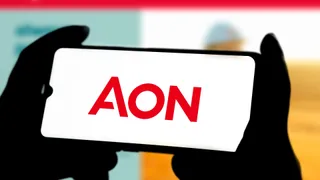
The history and purpose of section 1782: will courts permit discovery into documents located abroad?
For 72 years, the US has permitted foreign parties access to US discovery procedures for use in foreign proceedings. Through 28 USC §1782, parties with an interest in foreign proceedings can seek documents and testimony from entities located in the US “in accordance with the federal rules of civil procedure”—that is, the same rules that govern discovery in US district courts (and the case law interpreting them).
Already registered?
Login to your account
If you don't have a login or your access has expired, you will need to purchase a subscription to gain access to this article, including all our online content.
For more information on individual annual subscriptions for full paid access and corporate subscription options please contact us.
To request a FREE 2-week trial subscription, please signup.
NOTE - this can take up to 48hrs to be approved.
For multi-user price options, or to check if your company has an existing subscription that we can add you to for FREE, please email Adrian Tapping at atapping@newtonmedia.co.uk

